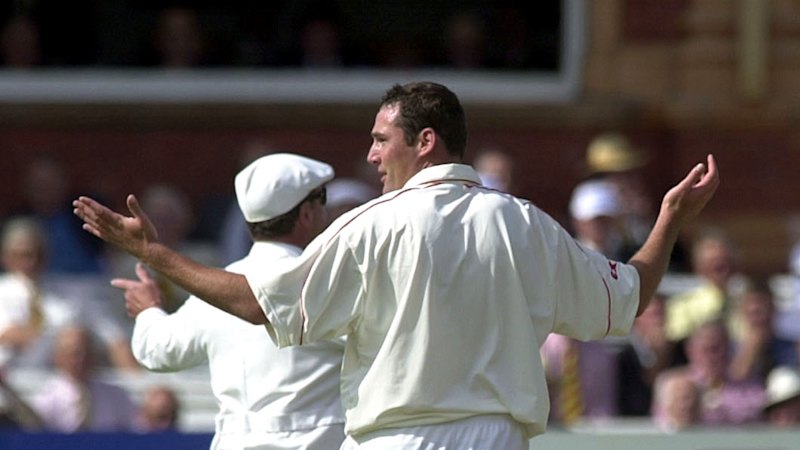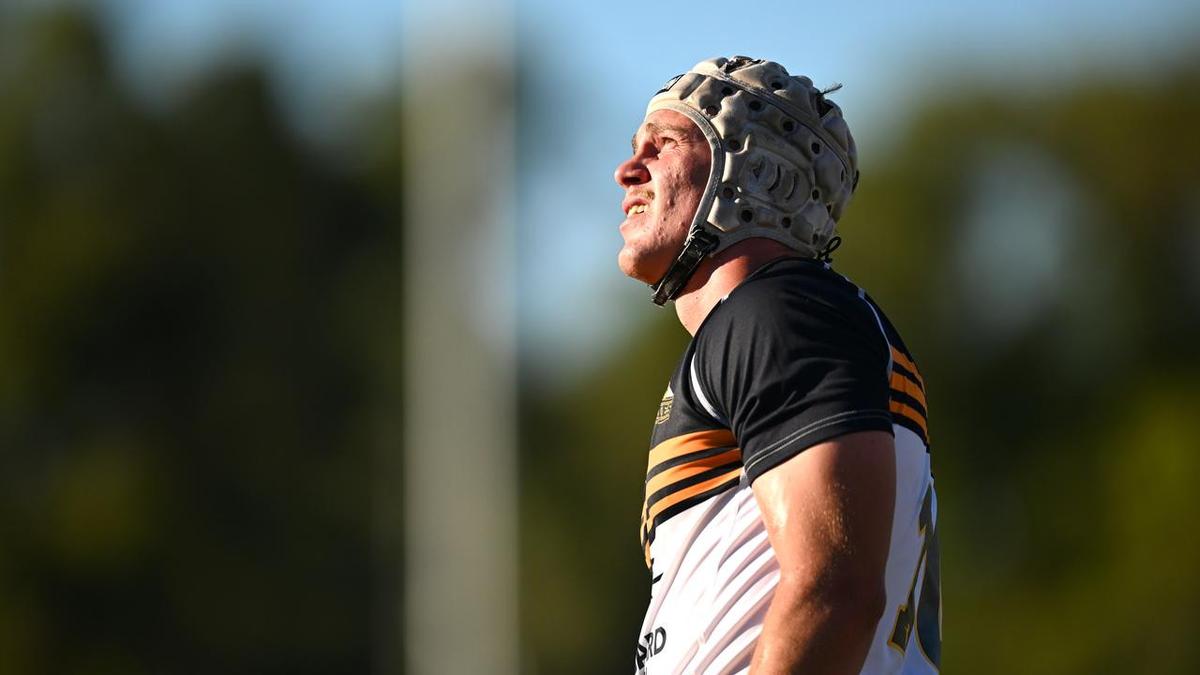
UPDATE: The world is reacting to Simone Biles’ courageous decision to withdraw from competitions during the Tokyo 2020 Olympics, emphasizing mental health’s critical role in sports. This comes amidst an urgent conversation about athletes’ vulnerabilities and the pressures they face today.
Just moments before her vault performance, Simone Biles revealed self-doubt, a stark contrast to her usual confidence as one of the greatest athletes globally. Biles, who aimed to secure her legacy with multiple Olympic medals, faced a troubling condition known as the “twisties,” causing her to lose spatial awareness mid-air. “Literally cannot tell up from down,” she expressed on Instagram, highlighting the terrifying nature of her experience.
In a shocking turn of events, Biles, who had qualified for all gymnastics finals, withdrew from the competition after an unsettling vault attempt. In her own words, she stated, “I simply got so lost that my safety was at risk.” Team USA ultimately secured a silver medal in the team vault, but Biles emphasized the importance of prioritizing mental health over competition.
Biles’ decision sparked widespread support from notable figures like Michelle Obama and Michael Phelps. However, it also ignited criticism from some who labeled her as “selfish” and “a quitter.” Biles poignantly remarked, “The people that were yelling were way louder than all of the support.”
Simultaneously, the story of former cricketer Scott Boswell resurfaced, echoing Biles’ struggles with mental health in sports. In a pivotal match in 2001, Boswell lost control during a crucial over, resulting in an unprecedented eight wides. Reflecting on that day, he shared, “I just couldn’t let go of the ball.” Like Biles, he faced immense pressure that ultimately derailed his career.
While Biles returned to compete on the final day of the Olympics, securing a bronze on the beam, Boswell’s experience led to his retirement from cricket at the young age of 26. He expressed regret about not discussing his feelings, stating, “I didn’t want to talk to a sports psychologist… I lost a lot of friends.”
These dual narratives underline a growing awareness of mental health in athletics, challenging traditional notions of stoicism and resilience. Biles’ openness about her mental struggles contrasts sharply with the expectations placed on athletes like Boswell, who felt compelled to suppress his emotions.
As discussions surrounding mental health in sports continue to evolve, Biles has emerged as a pivotal figure advocating for well-being over competition. “I say put mental health first… it shows how strong of a competitor and person you really are,” she stated.
The urgency of this dialogue is heightened as athletes around the world grapple with similar challenges. Both Biles and Boswell’s experiences raise critical questions: How can sports organizations better support mental well-being? What does it mean to be resilient in today’s competitive environment?
As we look ahead, the sports community must prioritize mental health as a cornerstone of athletic performance. Biles’ journey serves as a powerful reminder that vulnerability can coexist with strength, paving the way for future generations of athletes to navigate their challenges openly.
Stay tuned for further updates on this developing story, as the conversation around mental health in sports continues to gain momentum.






